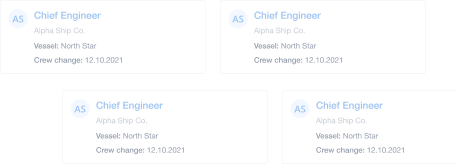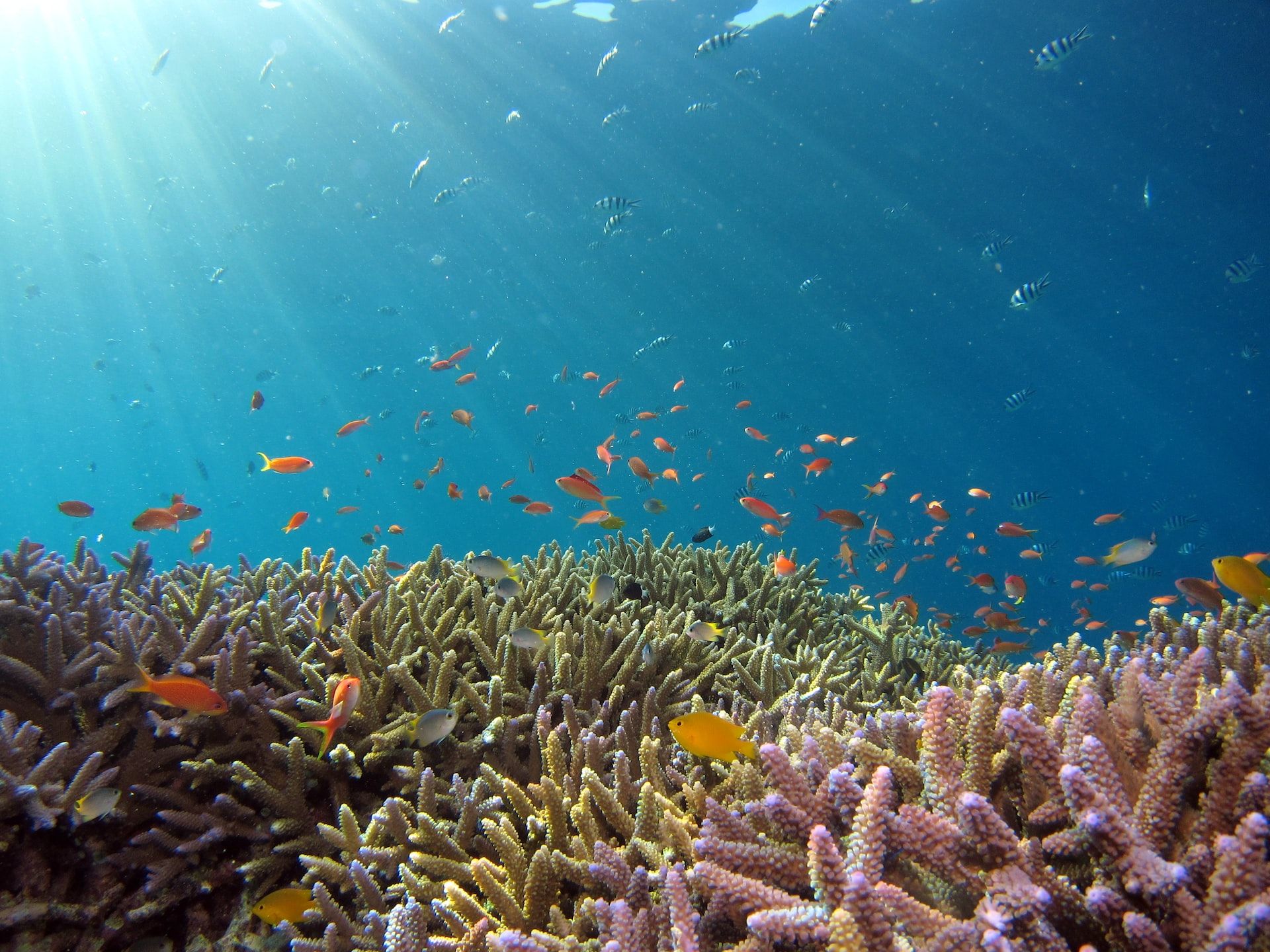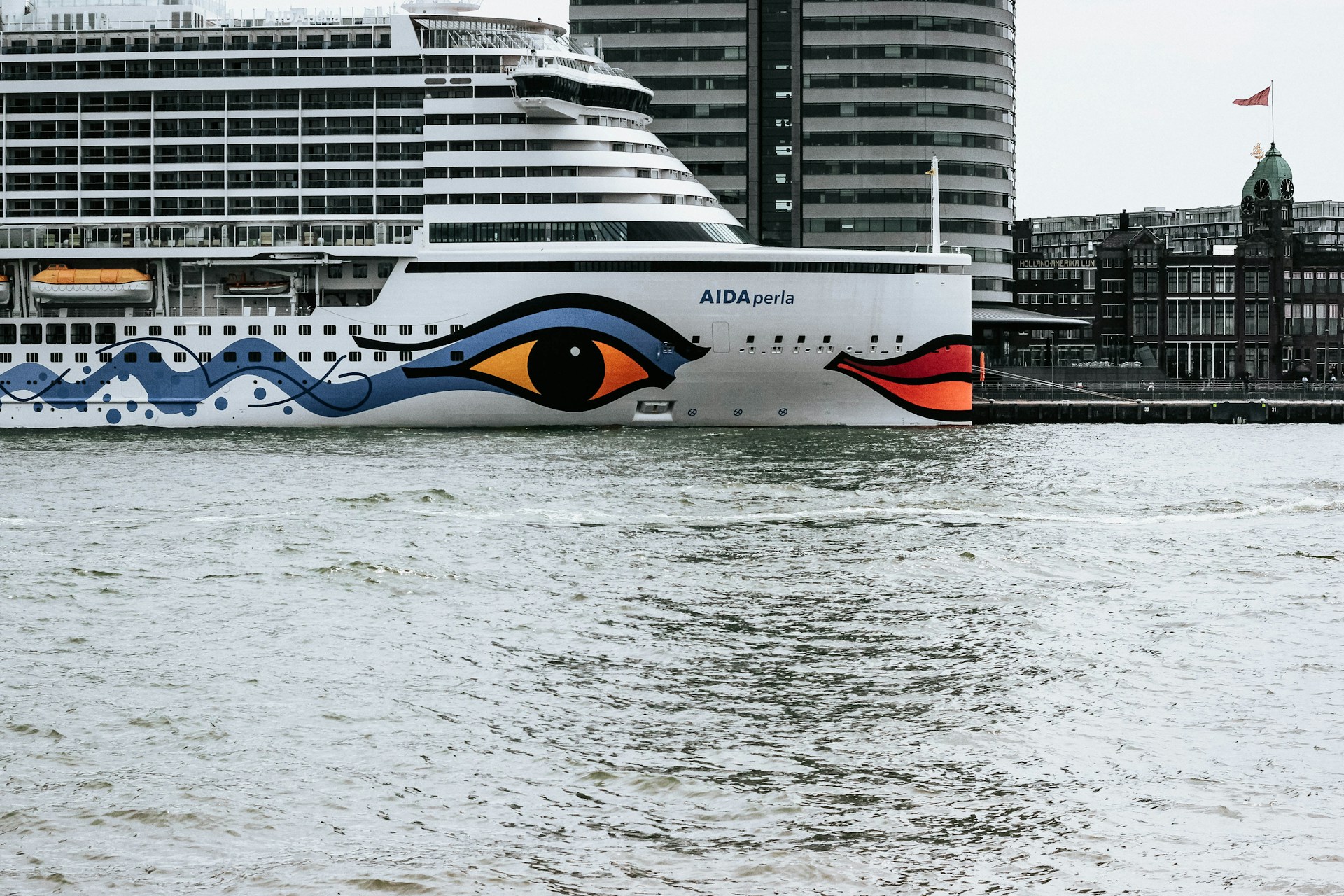March 23rd was World Meteorological Day and, like every year, the day has a theme. We thought this year’s theme was particularly apt for our seafarer blog as the WMO has announced that for 2023 the focus will be on “The ocean, our climate and weather”.
If you’re someone who is working at sea, you probably know a lot more about the ocean than most people already, but we thought we’d explore a little bit more.
What is World Meteorological Day?
There are a great many ‘international days’ which celebrate or commemorate certain events, concepts and people.
No doubt you already know about the IMO’s Day of the Seafarer which pays tribute to everyone who is working in a job at sea and World Oceans Day, but why a day dedicated to something as commonplace as the weather?
World Meteorological Day was created to commemorate the day on which the Convention establishing the World Meteorological Organization came into being - the 23rd of March 1950.
In the years following the convention, the World Meteorological Organization, which is a specialized agency of the United Nations, releases information and data about the global climate on the 23rd..
They also aim to keep the general public informed about important happenings in meteorology (i.e. the weather and climate) such as global warming, the increased frequency of natural disasters, and climate change.
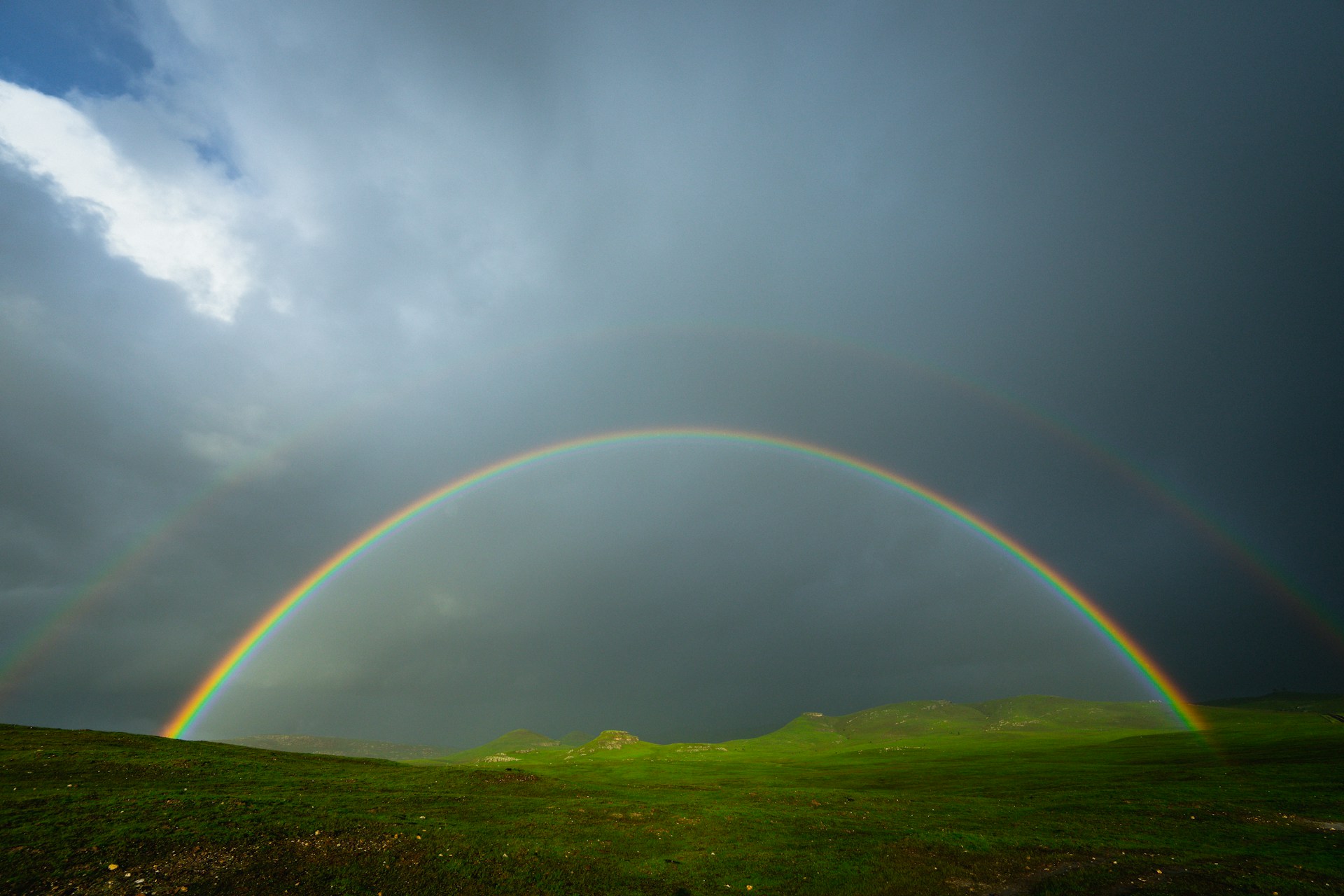
Why is the World Meteorological Day theme about oceans?
The world’s oceans have a huge impact on the weather and they also have a vital role to play in alleviating climate change thanks to their ability to absorb carbon dioxide (CO2) from the atmosphere.
Why is carbon dioxide a problem? As NASA states:
“Carbon dioxide in the atmosphere warms the planet, causing climate change. Human activities have raised the atmosphere's carbon dioxide content by 50% in less than 200 years.”
And as many of us recognize, climate change is becoming an increasingly urgent issue that needs to be addressed.
So when you consider that a massive 70% of the Earth’s surface is covered in water, it is clear that conducting observations and researching the oceans is more important than ever before.
The ocean, our climate and weather
And so, in recognition of our oceans being a vital factor in mitigating climate change, the World Meteorological Organization proposed the theme of ‘The ocean, our climate and weather’.
But is climate change having a negative impact on our oceans? Despite the important part they play in helping to reduce climate change, does the absorption of CO2 affect them?
Unfortunately, yes it does. As UN Climate Change says:
“The ocean has long taken the brunt of the impacts of human-made global warming. As the planet’s greatest carbon sink, the ocean absorbs excess heat and energy released from rising greenhouse gas emissions trapped in the Earth’s system. Today, the ocean has absorbed about 90 percent of the heat generated by rising emissions.”

So what does this mean?
It means that the oceans are being ‘warmed up’ by all of this heat and energy, which then leads to rising sea levels, marine heatwaves, the acidification of the seas, and of course, probably the best known unfortunate impact of all, melting ice.
Why our oceans are so important
As anyone working in a seafarer job can tell you, the world’s oceans have a huge part to play in so many areas of our lives. For example:
- Around 90% of global trade is done by sea - that means virtually everything you own and eat found its way to you in a shipping container or tanker.
- There are around 50,000 merchant ships crossing the oceans at any moment in time - the shipping industry creates a vast amount of tanker and cargo and container ship jobs, as well as shore-based maritime jobs.
- Fisheries and the aquaculture sector are also huge employers - employing an estimated 60 million people.
- Countless people living in coastal communities, from villages and islands to resorts and cities, depend on the ocean for their livelihoods, whether through tourism or trade.
- The oceans also feed us with billions of people worldwide relying on fish for protein.
- And, of course, as covered above, the oceans also help to regulate our weather systems and reduce climate change.
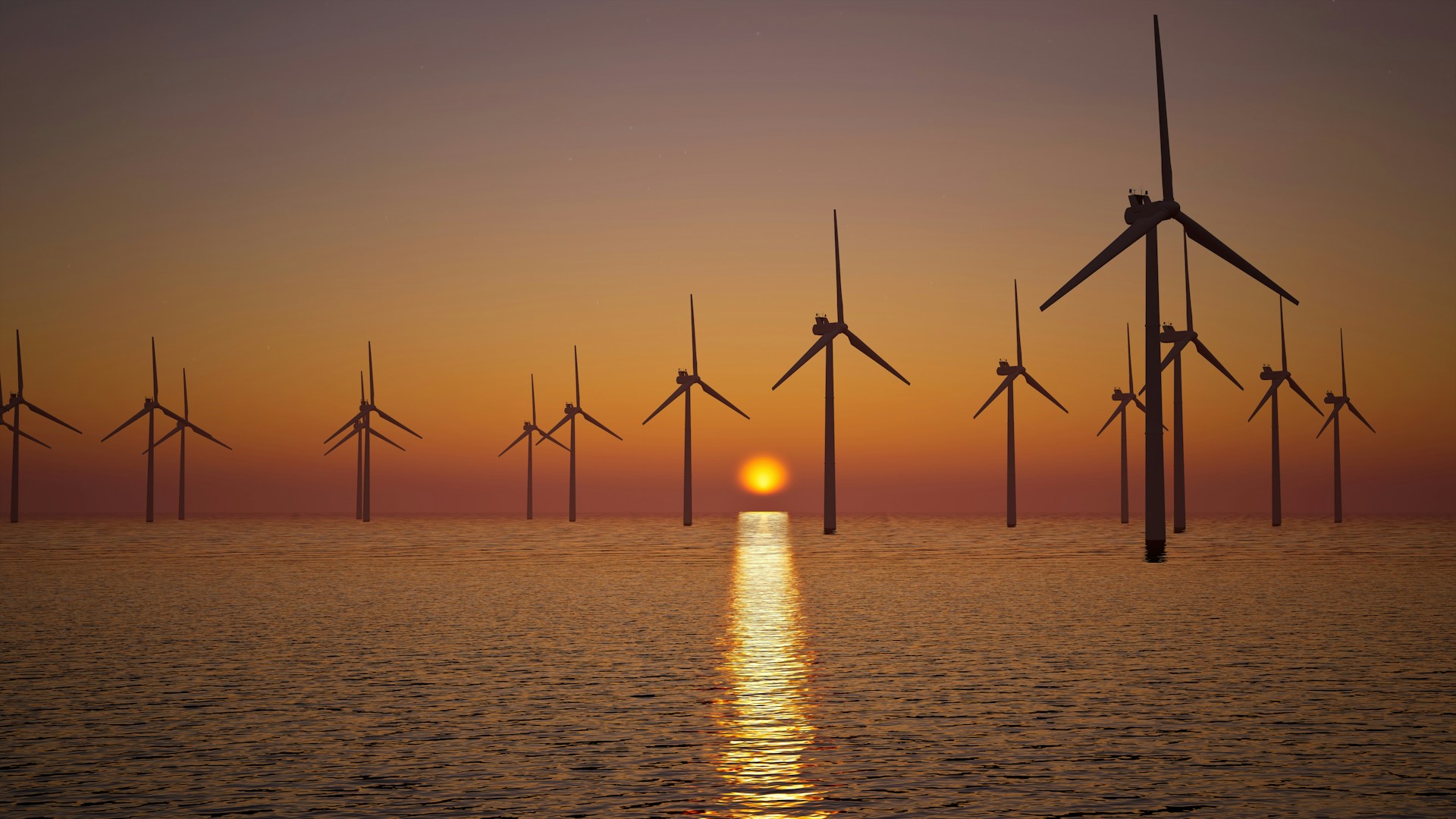
What are some ways we can protect our oceans?
Given the above, it makes sense that we should be doing everything we can to protect and preserve our oceans. But how can we do that when we’re so small and insignificant compared to the mighty sea?
The good news is that there are things we can do to help our seas and oceans. We can all make a difference if we try. For example:
- Take your rubbish home with you to recycle when you leave the beach - especially plastic.
- Talking of plastic; it is estimated that 17.6 billion pounds of plastic ends up in the ocean from land-based sources each year. Reduce your plastic use as much as possible and start saying a firm no to single use plastic in particular.
- Cut your emissions by eating less meat and dairy products.
- Flying less frequently will also lower your carbon footprint as will using public transport, or walking or cycling more.
- Choose only to eat responsibly sourced seafood and fish.
- Use reef-safe sunscreen when you’re on the beach, swimming or diving - when typical sunscreen washes off into the sea it can damage marine life and corals.
- If booking a vacation or trip that includes marine life, ensure you book through a sustainable tourism guide or company.

World Meteorological Day and our oceans: conclusion
Not only do the oceans provide a means for us to be able to purchase clothing, cars, computers and Cola but they are a rich source of employment for billions of people worldwide.
From those working on cargo ships to eco-friendly tourism to fishermen, countless people rely on them to earn a living.
Our oceans work hard for us, and of course, they are fascinating places full of marine life and biodiversity.
But as the globe’s waters work hard to absorb CO2, they are changing - and not for the better.
We all have a responsibility to protect our oceans and we all have the power to make a change today. Whether it’s taking a reusable coffee cup or water bottle with us when we go out, saying no to plastic cutlery or straws, taking the bus instead of driving, or switching lights off when we leave a room.
It might feel like these actions are small and inconsequential - but they’re not. It all adds up, and to circle back to the World Meteorological Day theme - ‘The ocean, our climate and weather’ - will all thank you for it.

Eve Church
Eve is Martide's content writer, publishing regular posts on everything from our maritime recruitment and crew planning software to life at sea. Eve has been writing professionally for more than two decades, crafting everything from SEO-focused blog posts and website landing pages to magazine articles and corporate whitepapers.
UK
